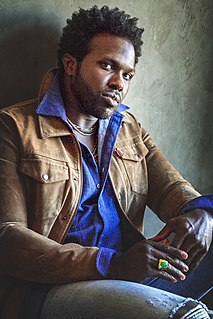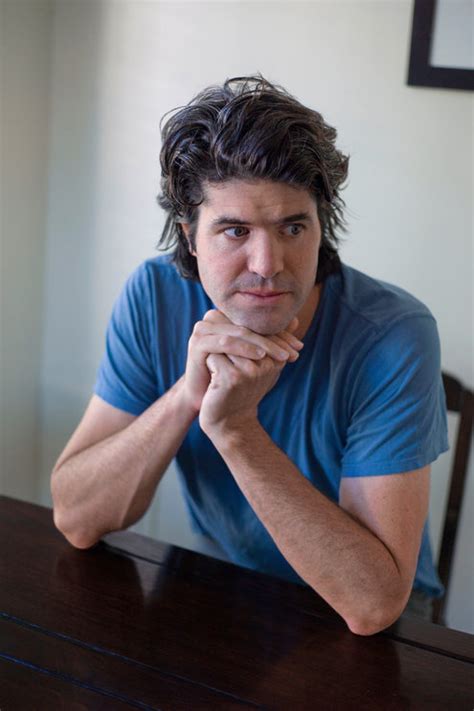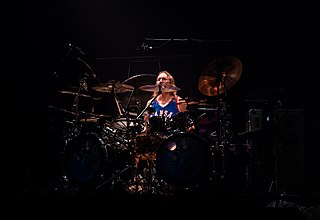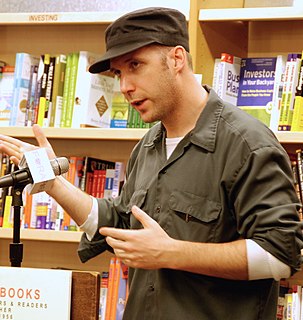A Quote by Joshua Henry
People all learn things differently, and sometimes imagination isn't considered as useful a tool as it can be in the learning process - especially in school in subjects like math and science.
Related Quotes
Music is such an incredible tool for kids in general. They learn discipline; they learn how to express themselves. You learn math. You learn language. It's the ideal teaching tool, and that's why it's mind-boggling when any school superintendent decides that music is something we can kind of do without.
Mathematical thinking is not the same as doing mathematics - at least not as mathematics is typically presented in our school system. School math typically focuses on learning procedures to solve highly stereotyped problems. Professional mathematicians think a certain way to solve real problems, problems that can arise from the everyday world, or from science, or from within mathematics itself. The key to success in school math is to learn to think inside-the-box. In contrast, a key feature of mathematical thinking is thinking outside-the-box - a valuable ability in today's world.
The most important steps that I followed were studying math and science in school. I was always interested in physics and astronomy and chemistry and I continued to study those subjects through high school and college on into graduate school. That's what prepared me for being an astronaut; it actually gave me the qualifications to be selected to be an astronaut.
I've found that I really don't like - as most people don't about school that there are subjects which are necessary to learn but you don't really want to learn on top of those ones that you do want to learn. So to take a class for me, a class or two on subjects that I'm really, really interested in and curious about would be awesome.
I had decent but not great grades in high school because I was highly motivated in some subjects, like the arts, drama, English, and history, but in math and science I was a screw-up. Wooster saw something in me, and I really flourished there. I got into theatre, took photography and painting classes.
The older you get, you always learn more. Sometimes it's a process of learning about yourself and what your journey is. Sometimes the process moves forward at a rapid pace in a short amount of time - or moves backwards. And you're like, "Man, I thought I had made so much progress, and now all of a sudden, I'm 10 steps further behind than when I started."




































